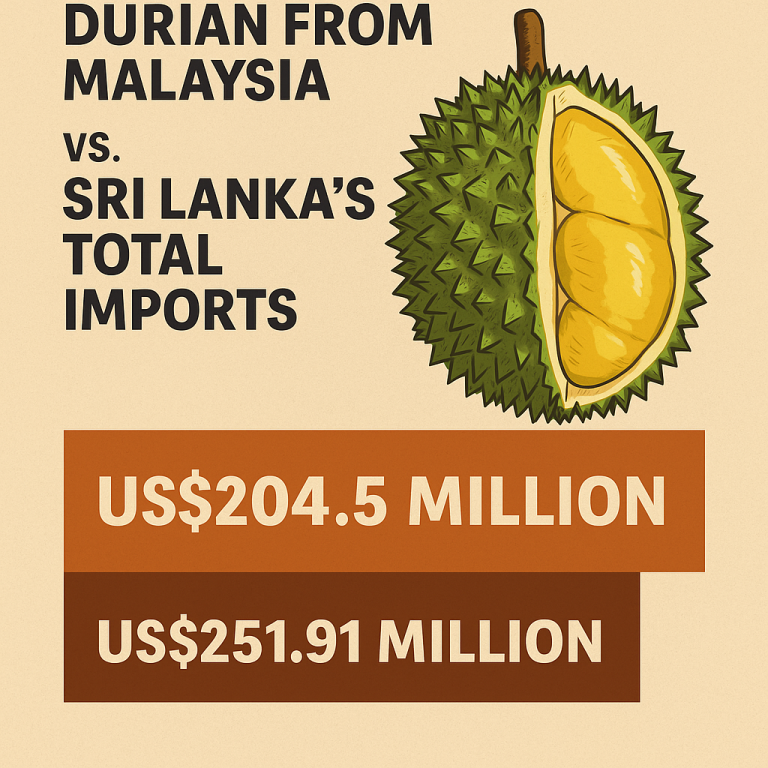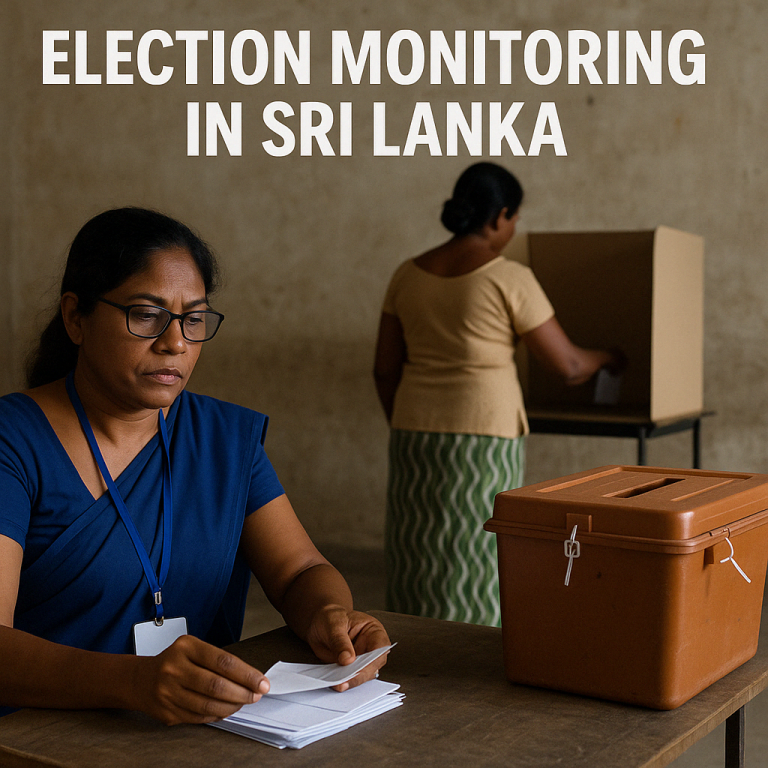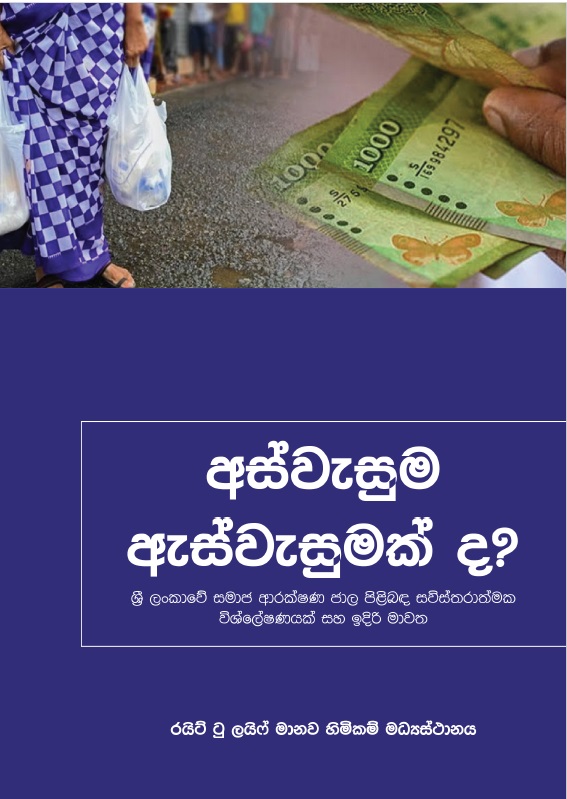Chethana Gomis
Sri Lanka has objected to India’s proposal to explore cobalt deposits in the Indian Ocean. Thus, our country had objected to India’s recent proposal to obtain the necessary right to explore a cobalt deposit that may belong to the jurisdiction of Sri Lanka.
Colombo argues that the area India wants to explore for cobalt-rich ferromanganese crusts is completely within Sri Lanka’s extended continental shelf claim.
Sri Lanka sought to extend its jurisdiction beyond 200 nautical miles by applying to the United Nations Commission on Continental Shelf Limits (CLCS) in 2009. The decision by the Commission on the limits of the continental shelf is pending. Sri Lankan government has asked the International Seabed Authority (ISA), an organization established under the United Nations Convention on the Law of the Sea (UNCLOS), to refrain from accepting New Delhi’s plea for exploration rights at the Seamount.
The Earth System Science Organization (ESSO), an independent agency of the Ministry of Earth Sciences, Government of India, submitted an application to the Secretary General of the ISA on 18 January 2024 seeking approval for a 15-year work plan to explore cobalt-rich ferromanganese deposits at the Afanasy Nikitin Seamount in the central Indian Ocean.
Within the framework of continental shelf ownership, each country has an Exclusive Economic Zone (EEZ) that extends up to 200 nautical miles (370 km) from its coastline. While ships from other countries can navigate through these waters, but only the respective country can derive economic benefits from resources found within this zone.
Cobalt is utilized not only in the batteries of laptops, smartphones, and electric vehicles, but also in jet engines and gas turbines.







